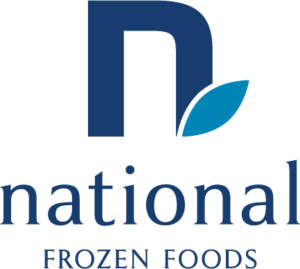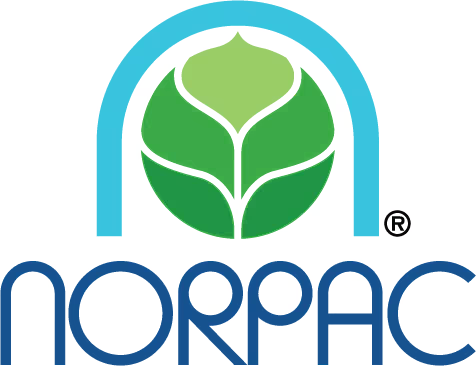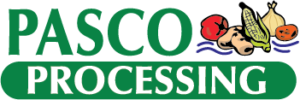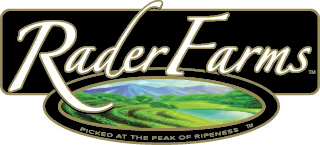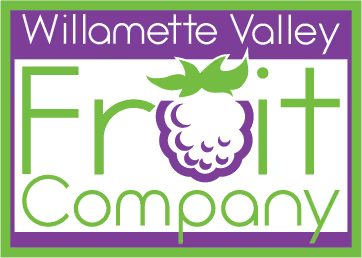NORPAC, a farmer-owned company, has continuously worked to improve farming and food processing practices since its inception in 1924. NORPAC products have always been fresh and of the highest quality because they are harvested and processed locally, so that fruits and vegetables can be picked and packed in just hours. We have found that the benefits for locally produced crops show in more than just the quality of our products – local farms and processing plants keep our environmental footprint small, too.
In NORPAC’s processing plants, internal efficiency teams continue to find ways to decrease fresh water intake and increase water utilization. Using these methods we save over 600 million gallons of water each year—enough to fill an olympic-sized swimming pool 1,000 times!
At NORPAC we have decreased water use in our processing plants by 30%
We apply vegetable waste water to the land, saving millions of gallons each year
We recylce vegetable water within our facilities
NORPAC members are committed stewards of the land and water resources in Oregon. We minimize commercial fertilizer application by sampling soil before planting and performing leaf analysis when crops are in mid-season. NORPAC farmers use less chemical pesticides and fungicides, maintaining a balanced and healthy ecosystem, and work to:
Build organic matter in the soil by using crop rotation.
Plant and maintain riparian zones near streams.
Monitor and track soil quality over time.
NORPAC’s pest and vegetable disease management initiatives have led to the formation of organizations that efficiently and effectively combat pests and mold in raw products. We understand that every piece of our ecosystem is important—down to the very last bug. We actively work to maintain a healthy balance between our crops and the insects that call our fields home. NORPAC farmers regularly:
Monitor pest levels using visual inspection, insect traps and other environmentally sound measurement methods.
Emphasize pest control, not eradication.
Differentiate between important native insects and pests that harm crop deliverables.
Collaborate with growers, industry field representatives and university faculty to coordinate, design, implement and evaluate mold and pest control methods.
NORPAC farmers interact with birds, fish and mammals that travel through or live near their farms on a daily basis. We participate in programs, such as the USDA Conservation
Reserve Program, that provide technical and financial assistance to growers to establish wildlife habitat, improve water quality, and enhance forest and wetland resources. We also partner and work cooperatively with organizations such as the Department of Fish and Wildlife and others to harmonize farming and wildlife issues with agricultural needs. NORPAC farmers aim to:
Eliminate noxious weeds that threaten native wildlife
Incorporate agroforestry design to provide food and cover for migratory birds and other wildlife
Harmonize farming and wildlife issues with agricultural needs
Improve water quality and benefit wildlife by maintaining the streams and rivers on and around members’ farms
NORPAC actively participates in our employees’ local communities and regularly donates funds, food and materials to community programs. At NORPAC we:
We are committed to:
The plant-level workforce is unionized, represented by Teamsters and the International Operators and Engineers Union
Measured by metrics such as DART rate, NORPAC’s safety record has continually improved year over year
We have maintained comprehensive benefits packages for all employees at a time when employee benefits are eroding industry-wide
90 percent of all vegetable byproducts are turned into animal feed and the remaining 10 percent is applied to the land, recycling nutrients for future resources. NORPAC processing plants:
Recycle 99.5 percent of vegetable mass not used in packaged products
Turn excess vegetable matter into silage for livestock, annually recycling more than 150,000 tons of vegetable byproducts
Return nutrients from vegetables to the soil by irrigating fields with process water from manufacturing facilities
Apply beet juice and peel and other processed vegetable material to growing land
NORPAC is proud of its heritage as an industry leader in food safety and its reputation as a quality producer. Our farmers and processing plants control the quality of our products from seed-to-plate. NORPAC has received extensive third-party recognition for its efforts and achievements in stewardship including:
– Clark National
– Refrigerated & Frozen Foods
– Marion County, Oregon
– Pacific Power
Over the past 25 years, we have averaged a 2.5 percent reduction in energy consumption per year in our processing plants. At NORPAC, we know that all our actions have global effects, so our environmental stewardship extends beyond farming to all other areas of our business. To address these effects, we have partnered with the following organizations to continuously improve our practices:
Founding member of the Oregon Sustainable Agriculture Resource Center (OSARC), a comprehensive and practical source to help farmers adapt stewardship practices
Food Alliance, a third-party stewardship auditor
Oregon State University, for crop improvement and input to the agricultural stewardship task force
Government organizations such as: U.S. Dept. of Agriculture, Oregon Water Resources Department, Natural Resources Conservation Service, Oregon Dept. of Energy, Oregon Dept. of Agriculture, and more!
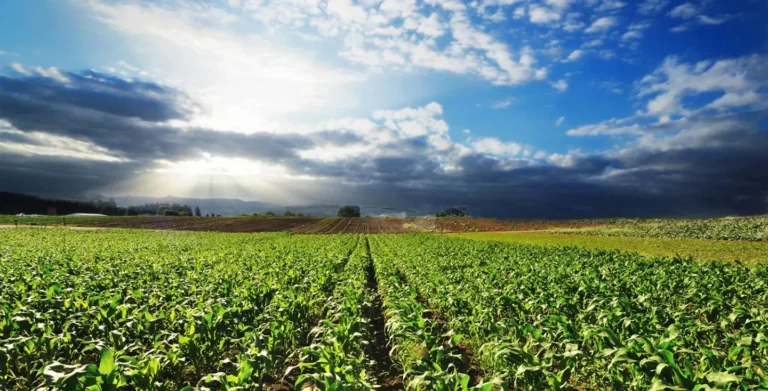
Situated with the ideal weather and climate for growing crops, our farms are located on over 140,000 acres in the Pacific Northwest. Here we grow and harvest non-GMO seed fruits and vegetables of unsurpassed quality. Most of our farms are within 50 miles of our local plant facilities, allowing our crops to be picked and packed in just hours.
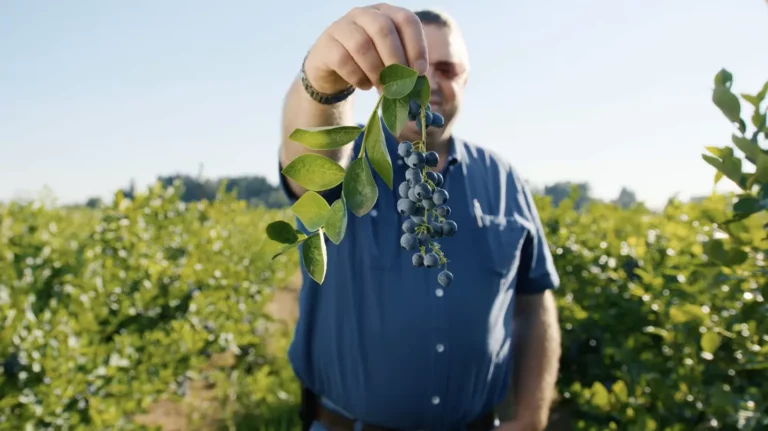
Deeply rooted in sustainable farming, NORPAC crops are harvested with our best efforts to protect the environment. We follow 8 guiding principles to continually improve our sustainable practices, one of which includes protecting and conserving water resources. Safety of our food and employees is important to us too, and we comply with FDA, USDA, and HACCP food safety programs.
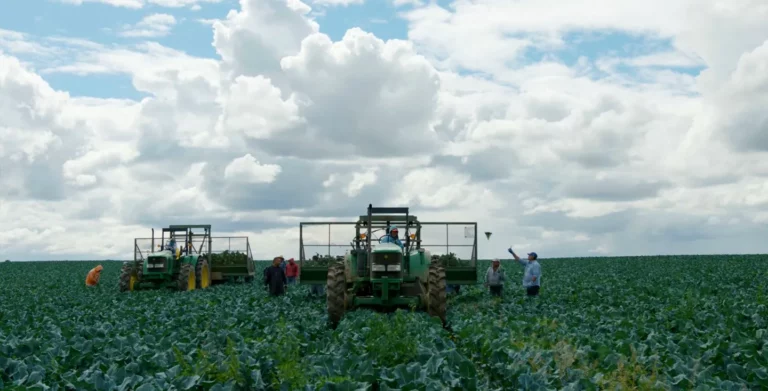
Our continual commitment to the family farm means more than just delivering quality fruits and vegetables. To us, it means providing better jobs by supporting our communities, creating better farming practices to conserve our natural resources, and giving better support of our family farms so we can all enjoy nutritious foods now and in future generations to come.
